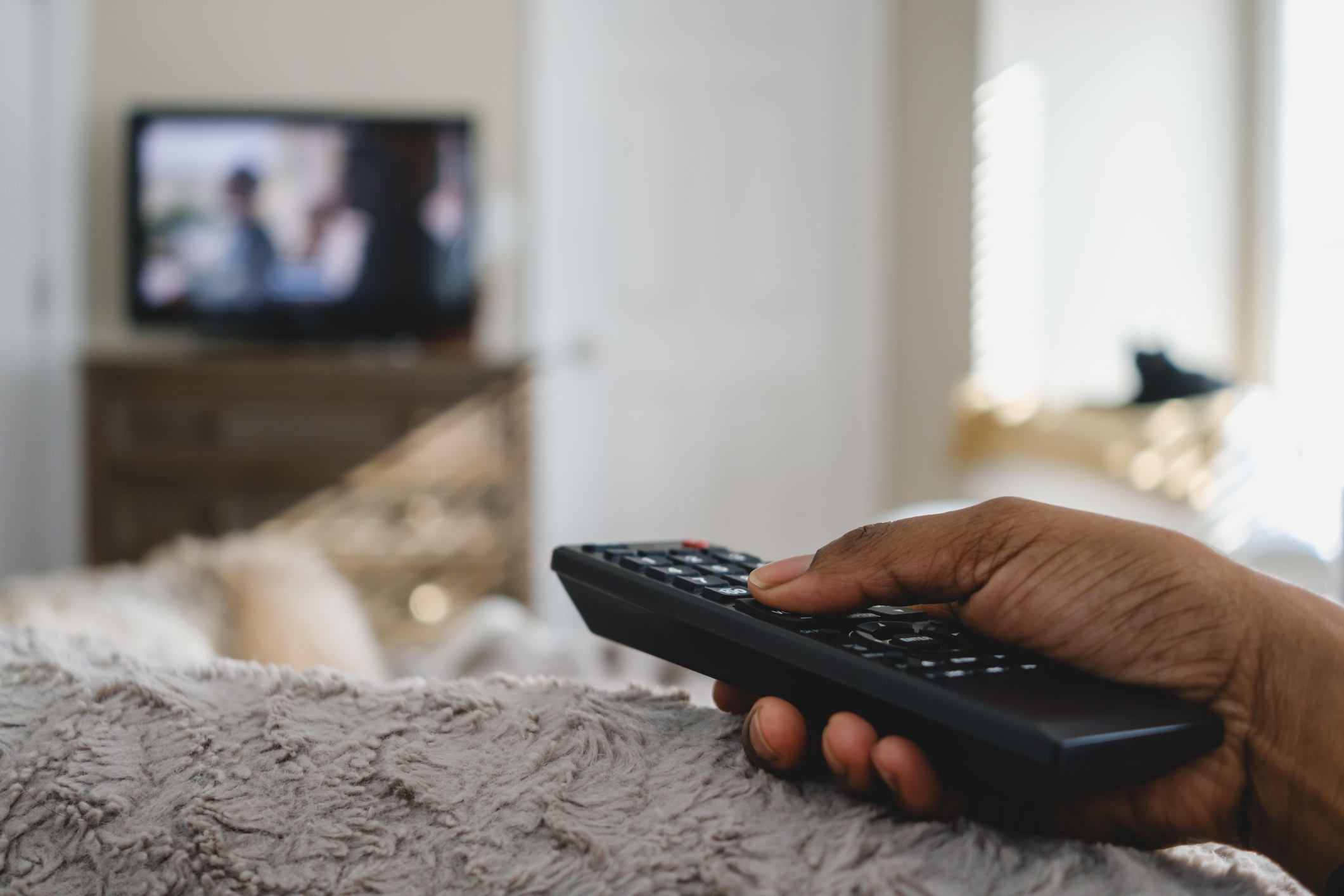
From April 2024, households should prepare to see the biggest rise in the cost of a TV Licence in the last 20 years. Now’s the time to ask if your home really needs one.
Watching TV has become pricey, with broadband hikes in April and increased subscription costs from streaming giants including NOW TV and Amazon Prime.
To add to your outgoings, you could also see a rise in the TV Licence fee from April 2024. This raises the question, do you really need a TV Licence? We tell you why your bill could rise and by how much, and explain your options.
TV Licence fee rise
In the face of the rising cost of living, the government froze the TV Licence fee at £159 a year until April 2024.
The Department of Culture, Media and Sport told The Money Edit that from April 2024, the freeze will end and the TV Licence fee will rise in line with the rate of inflation at that time.
The Office of Budget Responsibility forecasts inflation to be at 8.2% in April 2024. (although this figure is just a prediction and isn’t set in stone).
This means the fee would rise by £13, taking it from £159 to £172 a year – the biggest increase in the last 20 years.
While the government is under pressure to intervene and scrap the fee hike, the news may leave you worried about yet another bill rise.
Now could be a good time to rethink your options and ask if you need a TV Licence.
Your options
You have a year before you see the TV Licence fee hike, but it’s best to start thinking about how you can cut costs now, and part of that is asking ‘do I need a TV Licence?’
Here are some ways to cut costs, and alternative streaming options to consider.
Check if you are exempt from the TV Licence fee. If you are over the age of 75 and you receive pension credit, you don’t need to pay a TV licence fee. Pensioners over 75 who also live in a care home or sheltered accommodation could also be exempt.
Can you get a discounted rate? If you are blind or if your eyesight is severely impaired, you can apply for a 50% discount, bringing your TV Licence fee down to £79.50 yearly.
Don’t pay your fee quarterly. If you pay your fee quarterly, you're actually paying £164 in total over the course of a year. So make sure you choose to pay annually or in monthly instalments to get the normal rate of £159 a year (or £172 a year after the fee rises).
Do you really need a TV licence? If you don’t watch any BBC programmes, you could get away with not having a TV Licence. The rules state that you are allowed to watch on demand or catch up with most channels (for example ITVX or All 4), apart from the BBC.
So, if you’re a Coronation Street or Hollyoaks fan, you could wait until your show is on catch-up and watch it on there later, saving you £159 on a TV Licence. But don’t get caught out when using streaming apps like ITVX – if you choose to watch live TV on these apps, you will need a TV Licence.
Opt for other streaming services. Currently, the TV Licence fee stands at £159 (£13.25 a month). If it does rise to £172, it will cost you £14.33 a month from April 2024. So, it’s a good time to check if it’s really worth having a TV Licence and your alternative options:
- You can pay £10.99 a month for a standard Netflix subscription which lets you stream on up to two devices with no adverts. Yearly, this would come to £131.88 (£27.12 less than the TV Licence fee). If you’re not bothered about adverts, you could even opt for the Netflix basic ads package at £4.99 a month (£59.88 a year), but note, this package also gives restricted access to certain shows and movies.
- If you have kids, consider getting Disney Plus, which costs £10.99 a month. You could get a discounted rate or bag a few months free if you check our best Disney Plus deals (you could save up to £100).
- Apple TV costs slightly less, with a monthly cost of £6.99 (or £83.88 a year). But the same goes with this streamer – there are many opportunities to bag a better deal and up to eight months free. Check out how on our Best Apple TV Plus deals.
To bag the best price when it comes to streaming subscriptions, find out how to get the best TV streaming deals. This might work out a lot cheaper than having a TV Licence.







